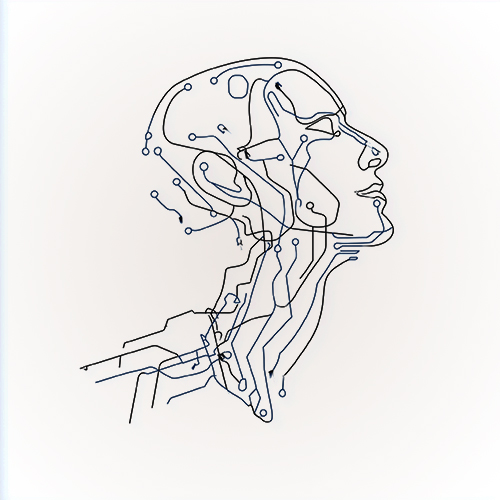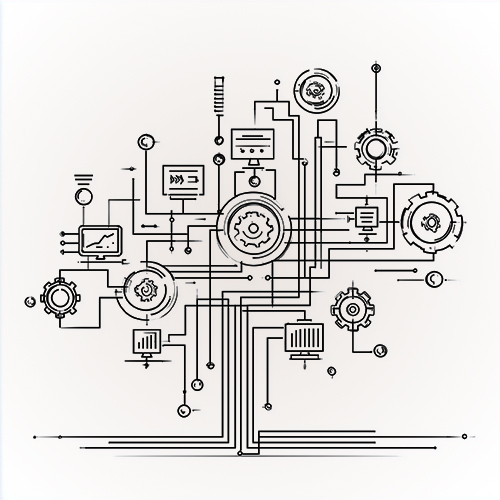Laying the foundations
STEP was already collecting and utilising data, but its solutions needed updating. Data was being collected on physical servers, and the company’s data transfer methods were sub-optimal for today’s needs. There was also a desire to enhance reports and data visualisation.
“We were seeking an agile and scalable solution that would support our business development both now and in the future,” says STEP’s ICT Development Engineer Harry Tuomisto.
“We also wanted to be better prepared for expanding our company and its business operations. More agile access to data generates more opportunities for new business,” he adds.
Another important goal mentioned by Tuomisto is to provide better customer service with the aid of data.
“You have to remember that we’re doing this work for our customers, and we want to generate added value for them with the aid of data. Other areas for utilising data come second to that.”
With these goals in mind, STEP launched its development project by conducting a preliminary analysis of the various options. The basic premise was to focus data storage on the cloud, which would provide the desired agility and scalability. A suitable solution for data visualisation was also desired.
“We went through the various options during the groundwork phase. Many options were discarded at an early stage, as they were not able to meet all of our requirements,” says Tuomisto.
Technology choices were also steered by Veolia’s earlier group-level choices and analyses. The eventual decision was to construct a solution out of Google and Microsoft products. Suitability, cost-effectiveness and the availability of experts tipped the scales.
“We wanted to choose technologies and products for which extensive expertise is also available in Finland. Now we don’t have to rely on a single supplier for tech or implementation.”




